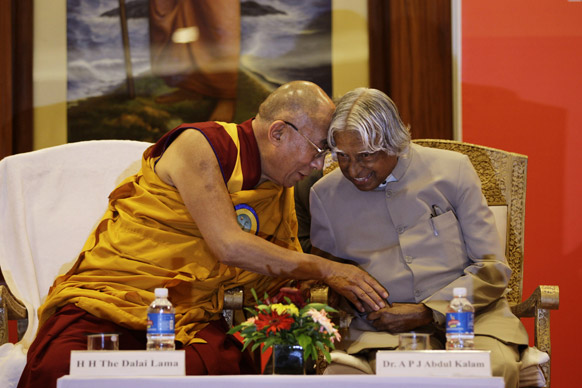New Delhi, Jul 21: Air India trade unions have complained to Civil Aviation Minister Hardeep Puri that the government has now turned a blind eye to the management's ethnic cleansing at lower levels through compulsory leave without pay (LWP), redundancies and wage cuts.
In a letter to Puri, the Joint Action Forum of Air India unions said, "We are deeply ashamed to say that it seems that after praising our Air Indian Corona Warriors at grand functions, respectfully, the government has now turned a blind eye to this management's ethnic cleansing of Air Indians at the lower levels, through compulsory LWP, redundancies and wage cuts."
The Joint Action Forum of Air India unions strongly opposes this Compulsory Leave without pay scheme as it is an illegal practice and is not a voluntary scheme.
"In fact the Board resolution itself empowers the Chairman and Managing Director with extraordinary powers, which seem akin to a High Court, to pack off employees on 2 years leave (extended to 5 years) at CMD's discretion or at the arbitrary whim of the Regional heads," the trade unions said.
"This said Compulsory LWP scheme violates every labour law put in place by Parliament and orders of the Supreme Court and various other courts and seeks to dispossess the lower categories workers of their legally guaranteed rights," it added.
The trade unions have pointed out that the redundancies are at the elite management cadre level and not the workers.
"We are indeed shocked that the management of Air India could prepare and formulate a scheme for compulsorily sending workers on leave without pay, which is akin to an illegal lay-off, under the garb of a Leave Without Pay, when ironically the redundancy actually lies in the upper echelons of management and not with the humble workers of Air India, who have slogged to make our Airline the treasure it is," they complained to Puri.
"It must be noted that out of 11,000 permanent employees, our management occupies almost 25% as Executive Cadre, with little or no accountability. Solely amongst the Elite Management Cadre, we have 121 top officers ranking from DGMS, GMs, EDs to Functional Directors, most of whom are either performing duplicate job functions or are indeed redundant and not to mention the retired relics serving as consultants and also the CEOs of various subsidiary companies," they added.
Trade unions said the redundancy or compulsory leave without pay scheme if any at all, has to apply only to these Executives, more so, when they do not even have protection of labour laws or Supreme Court orders.
Strangely, the topmost corporate executive cadre and the backroom Generals, have saved themselves from the axe of wage cuts, by sacrificing a piffling of a few grand, whilst the frontline warriors of flying cabin crew, engineers, ground staff have borne the biggest brunt head on, the unions said.






Comments
Add new comment